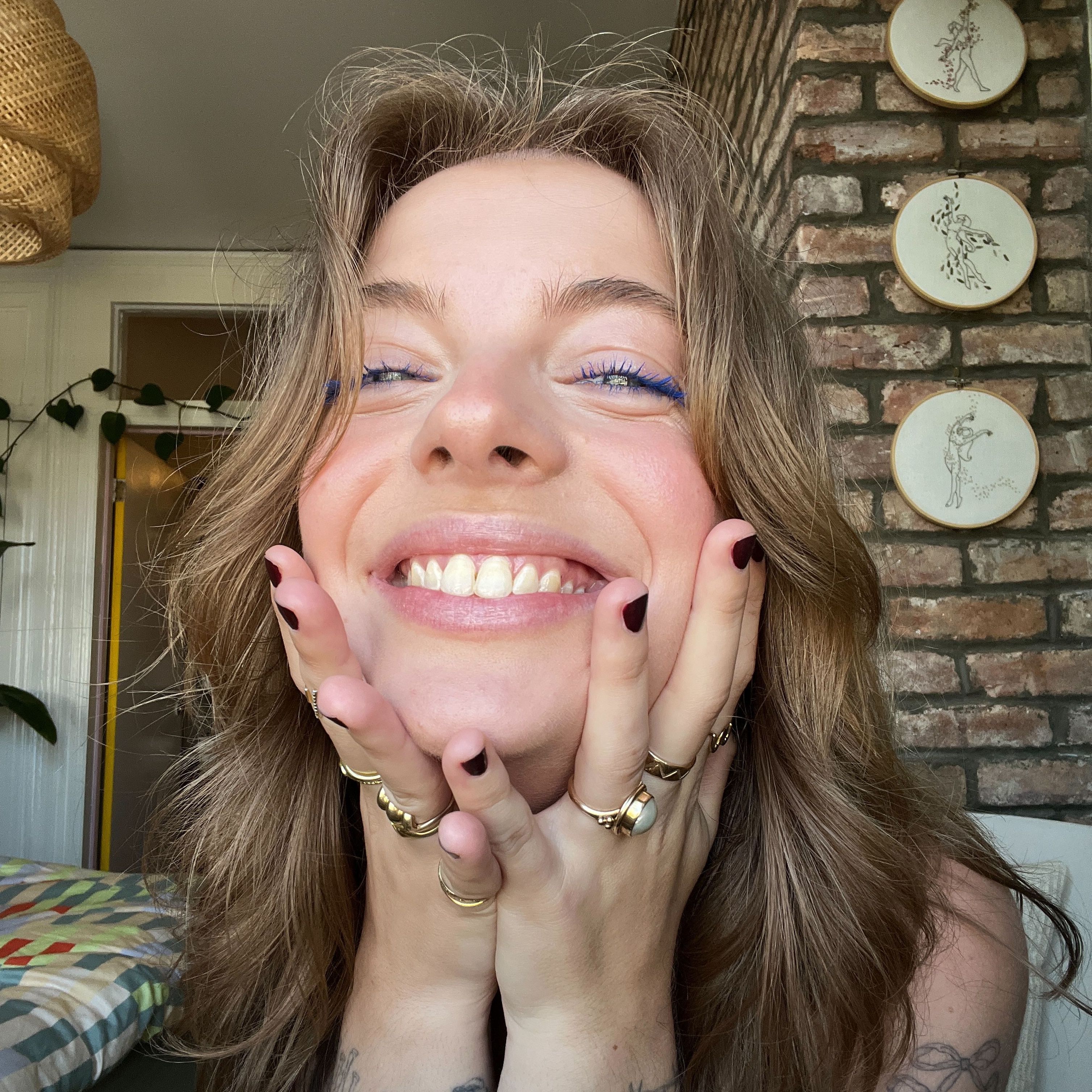Bisexuality is often misrepresented, both inside and outside the queer community, as being exclusionary of trans and nonbinary folks. Many people define it as “feeling romantic and sexual attraction towards men and women,” claiming it further cements the gender binary – for me, that couldn’t be further from the truth.
Bisexuality is gender expansiveness; it is the attraction towards genders like and unlike your own, and is deeply inclusive of all gender identities. It’s not about being half attracted to one gender and half attracted to another.
Measurements of experience don’t make a bisexual, as this identity is fluid and self-affirmed.
When my baby cousins asked me what being bisexual meant after I came out, I told them my heart was too big to love just one type of person, just one gender. For me personally, “pansexual” (as an identifier) didn’t feel right because I didn’t date gender-blind or not consider gender when assessing my attraction towards people - I relate way too hard to memes about female supremacy and being besotted with women in general to discount my gendered attraction to women. I also comfortably identify under the umbrella terms sapphic (where I got the name for my book club Sapph-Lit!), women-loving-woman (WLW), gay, and queer.
As someone in a “straight-passing” relationship, I constantly have to remind myself (and sometimes others) that my attraction to men does not discount my bisexuality but instead affirms it. Any relationship that I am in will be queer because I am queer. Do not feel you are less bisexual because you are a woman dating men or a man dating women. Bisexuality has been rendered invisible for too long because of this biphobia, and bisexual people are far less likely to come out because of this invalidation. That being said, over the years I’ve embodied my bisexuality in so many other ways: through my book club, through how I dress, through my female friendships, through how I decorate my apartment. Your queerness is more than who you date, who you sleep with – it’s a lens through which you view yourself and the world around you.
Read books with bisexual protagonists and queer theory (Greedy by Jen Winston is the perfect place to start, but I’ve included a larger list below), follow bisexual content creators on social media (TikTok knew I was bisexual before I did), journal out all your feelings, and explore dating all different types of people! Be open and honest and communicate with your partners about where you’re at and how you’re feeling. My favorite line to use when I started dating non-men was “what I lack in experience I make up for with enthusiasm.” The journey to discovering your queer identity is as confusing as it is beautiful – embrace the messiness and jump right in!
Baby Bisexual Reading List sponsored by Sapph-Lit:
“Old Enough” by Haley Jakobson
“Greedy” by Jen Winston
“One Last Stop” by Casey McQuiston
“Notes for a Bisexual Revolution” by Shiri Eisner
“Bi: The Hidden Culture, History, and Science of Bisexuality” by Julia Shaw
“Just Your Local Bisexual Disaster” by Andrea Mosqueda
“Take a Hint, Dani Brown” by Talia Hibbert
“Red White and Royal Blue” by Casey McQuiston
“Leah on the Offbeat” by Becky Albertalli
“The Seven Husbands of Evelyn Hugo” by Taylor Jenkins Reid
“Felix Ever After” by Kacen Callendar
“Ophelia After All” by Racquel Marie
“Open” by Rachel Krantz
“Acceptance” by Emi Nietfeld
“Sirens & Muses” by Antonia Angress
Explore all questions, or read more about navigating the holidays
NFAQ is an educational guide for Not-So-Frequently-Asked questions, submit a question to expand this discussion.
HaveMoreQuestions?
NFAQ is an educational guide for Not-So-Frequently-Asked questions, submit a question to expand this discussion.

